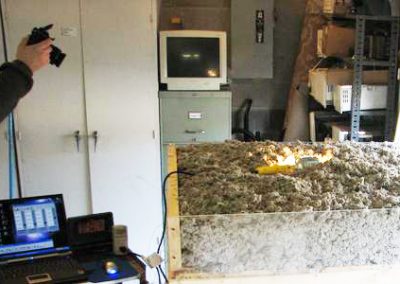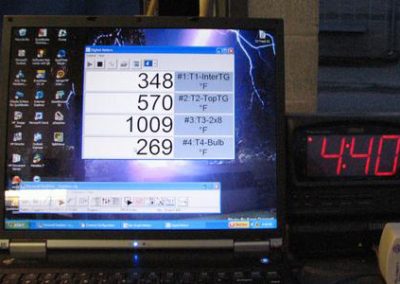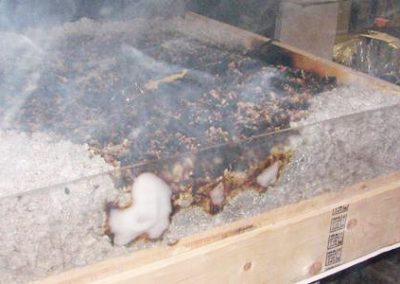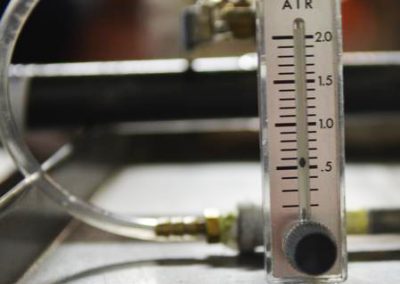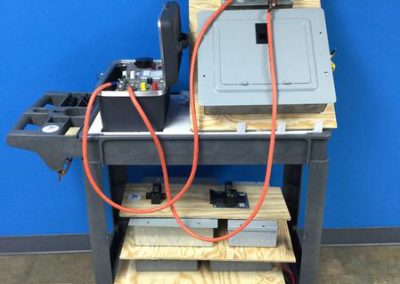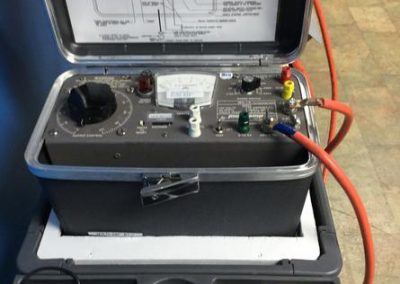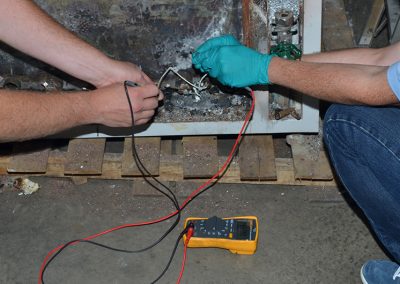Laboratory Testing
Laboratory Testing of All Types are Undertaken at FFA
Exams ranging from 2-20 attendees have been hosted and conducted at FFA. The lab space is used by our in house experts for our work, as well as by outside parties with a paid laboratory tech and usage fee. Please contact Mallorie for information.
Samples of the Testing Done In Our Lab Includes:
- Electric Testing – DMM, milliohm, insulation, circuit breaker operation, AC/DC supplies, with single and three phase power onsite.
- Mechanical Testing – Metrology for precision bore and external measurements.
- Thermal Testing – Thermocouples/meters with data logging capability, pyrophoric oven for materials testing
- Gas Testing – Manometer, flow meteters, regulated supplies, and nitrogen for specialized testing. Capability to test from 1″ WC to 500psi for leak or flow rates.
- Water Testing Equipment – Hydrostatic testing of pressure vessels
- Proof of Concept Testing
- Also known as “hypothesis testing” this is a complete or partial simulation of a situation that was alleged to have occurred in the location of the loss. Hypothesis testing is a key part of the scientific method and be utilized to disprove or verifiy a theory.
Sample photos of a drop light in cellulose insulation are shown. Tests range from simple burn tests (with an on-site reusable burn pod) to simulated electric circuit failure or gas component failure. A breaker test set up is used for testing circuit protection of all different manufacturers of breaker panels.
Our Process
FFA prides itself on quick response times. We realize it’s crucial to get to the scene as soon as possible to collect evidence before changes are made or repairs are done. Our typical process includes:
Site Exam
Research & Testing
Evidence Examinations
Written Report
Notice:
The information provided by Forensic and Failure Analysis (FFA) to clients, colleagues, potential clients, and others for educational and informational purposes only. No explicit or implied content accuracy or applicability guaranteed to the reader for a specific case or circumstance. This information is not intended to provide expert opinions or create a legal relationship. You should not take, or refrain from taking actions based on its content.

